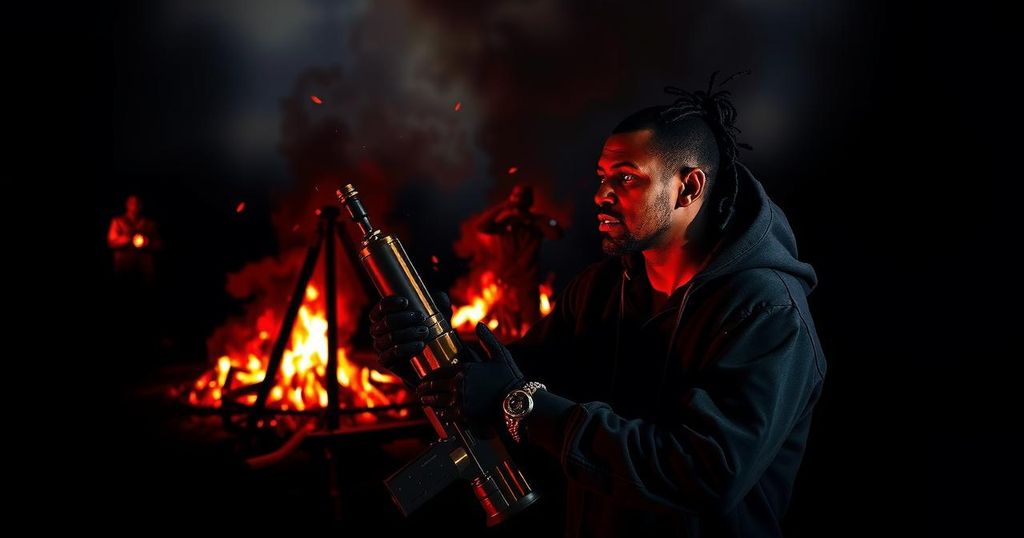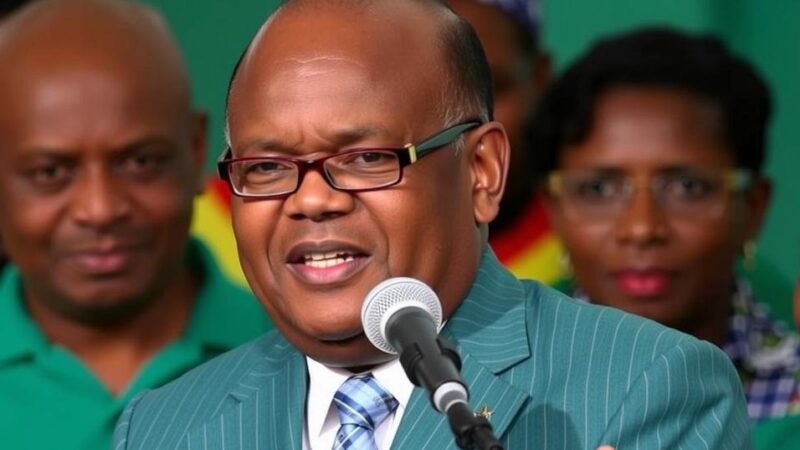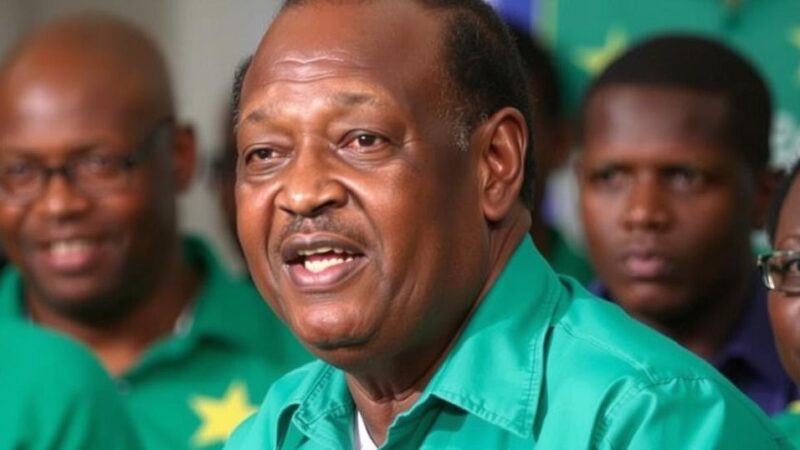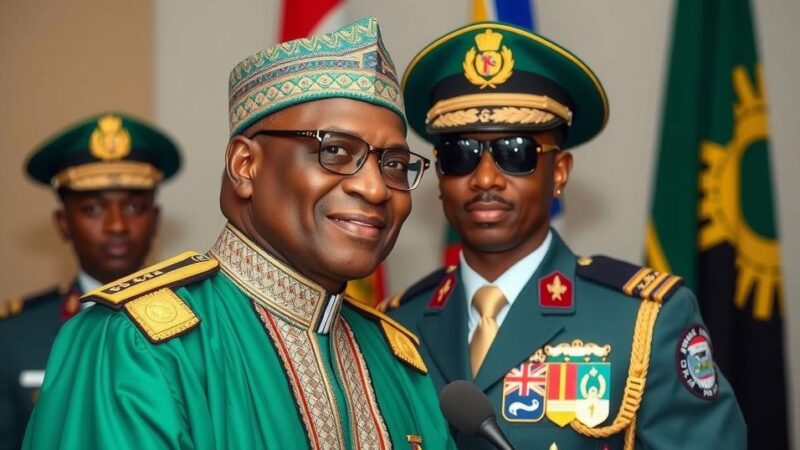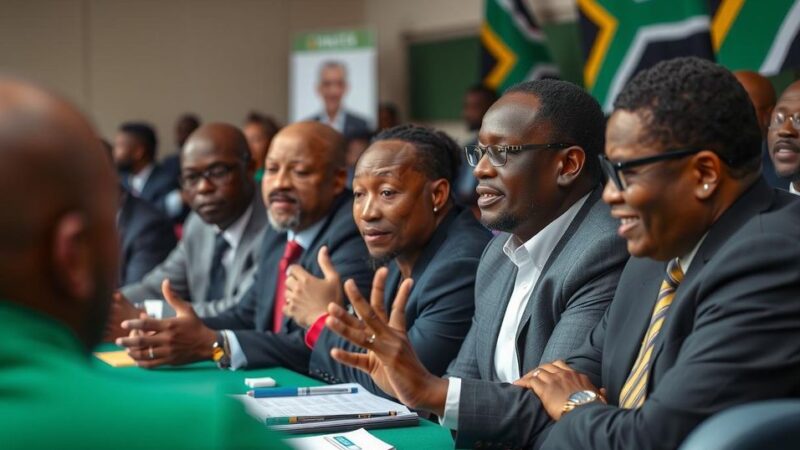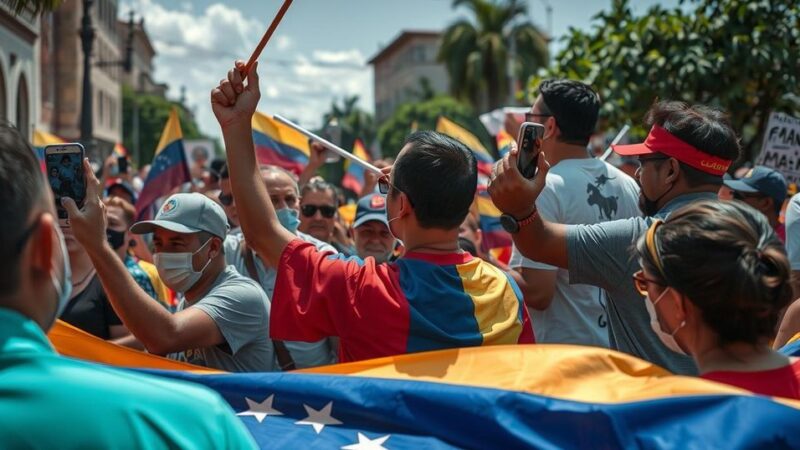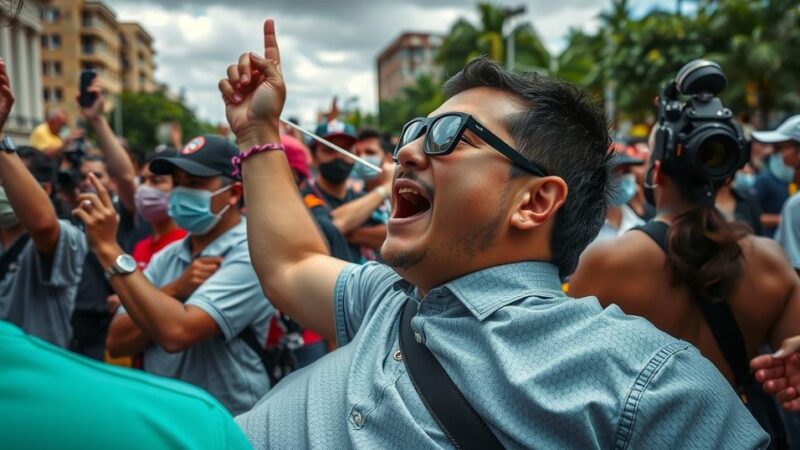Tensions in Mozambique have surged following the assassination of Elvino Dias and Paulo Guambe, pivotal figures in the opposition party Podemos, amid a controversial presidential election with allegations of fraud. The killings have led to fears of increased violence and unrest as opposition leader Venâncio Mondlane advocates for public protests against the election outcomes, while the incumbent Frelimo party appears to hold a commanding lead in the vote tally.
Tensions have escalated in Mozambique following the tragic shooting of two prominent political figures linked to Venâncio Mondlane, the leading opposition candidate in the recent presidential elections. The victims, Elvino Dias, a lawyer tasked with contesting the disputed election results, and Paulo Guambe, a senior official of Mondlane’s party, Podemos, were targeted while traveling in a vehicle in Maputo. This incident has sparked outrage and fears of increased violence in the country, which is still reeling from widespread allegations of electoral fraud during the October 9 poll. The election was marred by claims of irregularities and manipulation favoring the incumbent party, Frelimo, represented by Daniel Chapo. Despite Mr. Chapo appearing to lead in preliminary results, the opposition has vehemently asserted that the voting process was compromised. In light of these developments, Mr. Mondlane, whose appeal resonates strongly with disenchanted youth voters, had called for public protests against the election’s integrity. Tragically, Dias was a key figure in organizing a strike against the government scheduled for the following Monday, and his assassination raises serious concerns regarding political freedom and the safety of dissenting voices in Mozambique.
Mozambique has a history of political tensions largely influenced by its past as a former colony. Frelimo has held power since the country gained independence nearly fifty years ago, and the current political climate is marked by a growing desire for change among the electorate. The recent presidential election, intended to select a successor to President Filipe Nyusi, was characterized by significant controversy, with allegations of manipulation by the governing party. The atmosphere of distrust already prevalent in the aftermath of the election has been exacerbated by violence against opposition members, raising alarms about the potential for further unrest.
The assassination of key opposition figures in Mozambique represents a dangerous escalation in the ongoing political crisis following a highly contested election. The resulting tensions not only threaten the safety of political activists but also the future of democratic processes in the country. As the opposition calls for public demonstrations, the international community is urged to pay close attention to the developments in Mozambique, where the rule of law and political discourse are under severe strain.
Original Source: www.nytimes.com

